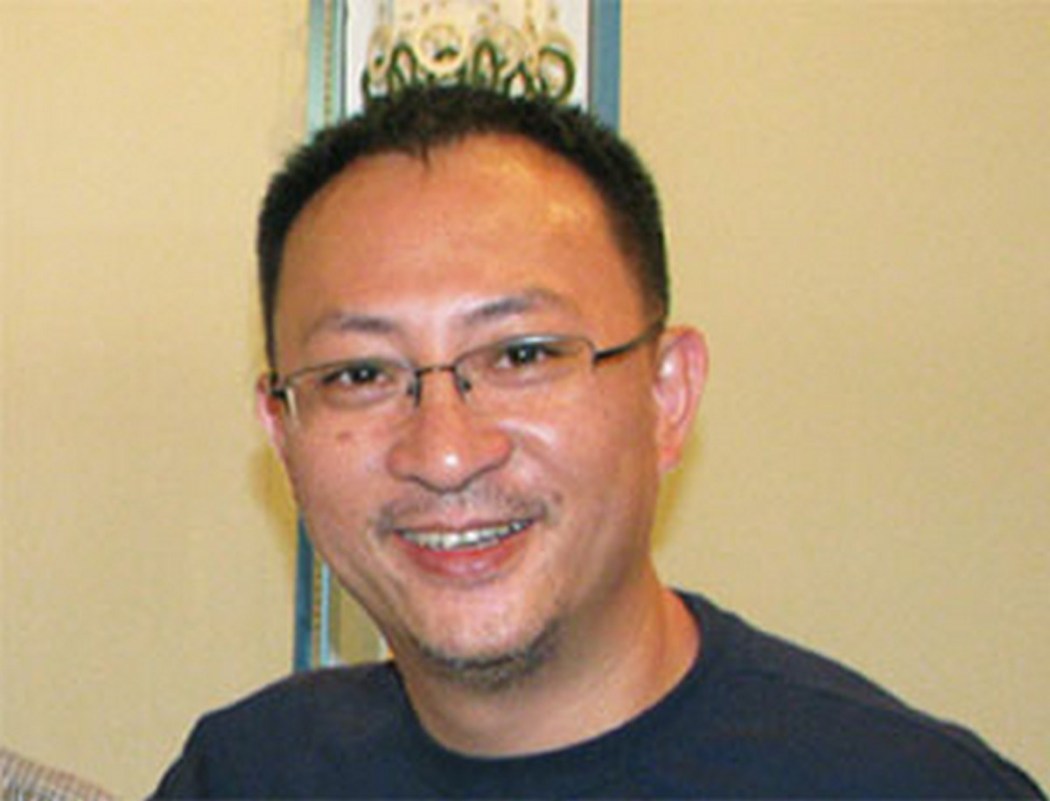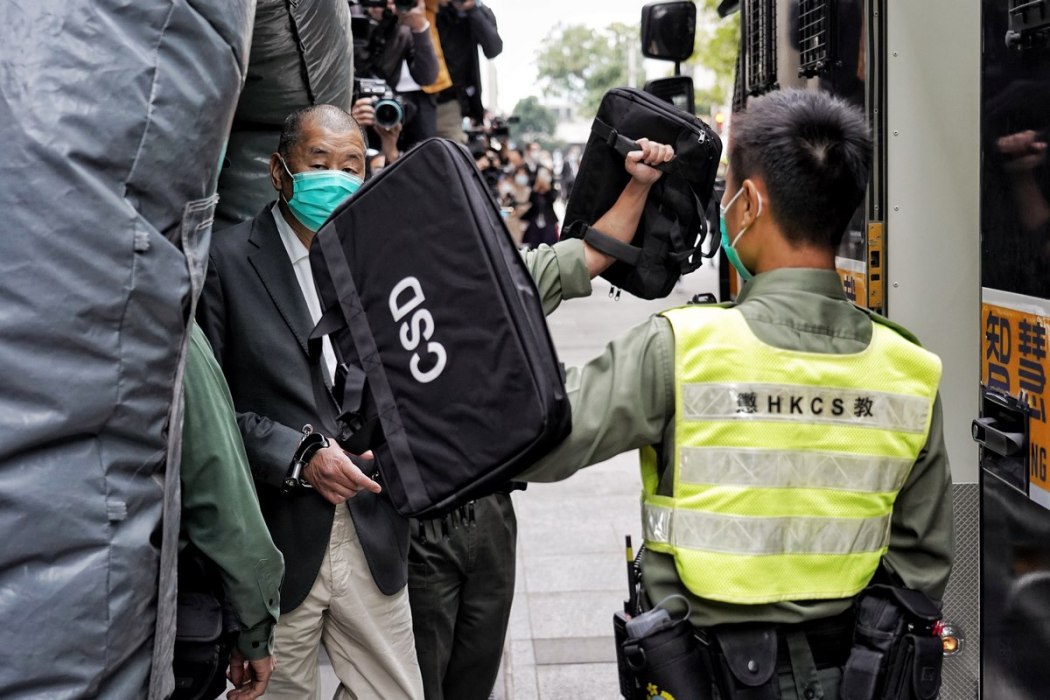A Hong Kong court has refused to grant bail to internet radio host Edmund Wan Yiu-sing, who is facing trial under a colonial-era sedition law.
The D100 Radio personality, better known as “Giggs,” was remanded in custody on Wednesday as Chief Magistrate Victor So rejected his application for bail at the West Kowloon Magistrates’ Courts.

The 52-year-old is facing four counts of “doing an act with a seditious intention,” outlawed under the Crimes Ordinance which was last amended in 1972, when Hong Kong was still a British colony.
Wan’s alleged offences were related to hosting and speaking on an internet programme, with an intention to stir “hatred or contempt” or excite “disaffection” against the local and central governments. The programmes in question were aired on August 8 and 15, September 5 and October 10 last year. It is unclear which statements are in question.
According to local media, the prosecution opposed the granting of bail and asked So to consider Article 42 of the Beijing-imposed national security law. Senior public prosecutor Ivan Cheung said while Wan’s charges were not covered in the security legislation, they involved behaviour endangering national security.
In arguing against the release of Wan, Cheung cited a landmark judgement by the city’s top court on Tuesday, which resulted in the revocation of a HK$10 million cash bail extended to pro-democracy media tycoon Jimmy Lai.

The Court of Final Appeal ruled in favour of the government appealing against the bail of the Apple Daily founder, who stands accused of committing fraud and colluding with foreign forces.
“The Court held that [Article 42 (2) of the national security law] creates … a specific exception to the general rule in favour of the grant of bail and imports a stringent threshold requirement for bail applications,” a five-judge panel said in their 35-page ruling.
The controversial security law enacted on June 30, 2020 criminalises secession, subversion, collusion with foreign forces and terrorist acts. Critics have slammed the law as “draconian,” as the four offences carry a maximum penalty of life imprisonment.
The prosecution applied to adjourn Wan’s case to May 10 to give police time to conduct further investigation, including examining video clips and financial records of Wan, as well as statements he made earlier.

Wan’s hearing was originally scheduled for Monday, after he was arrested by police officers from the national security unit on Sunday. But the radio host did not appear in court as he was unwell and hospitalised at the time.
Pro-democracy figures “Long Hair” Leung Kwok-hung, Jimmy Sham and Avery Ng from the League of Social Democrats attended Wan’s hearing on Wednesday. Local media reported the supporters of Wan told him to “hang in there,” while his daughter was in grief after learning Wan has to spend Lunar New Year in detention.
Support HKFP | Policies & Ethics | Error/typo? | Contact Us | Newsletter | Transparency & Annual Report | Apps
Help safeguard press freedom & keep HKFP free for all readers by supporting our team

latest national security stories























